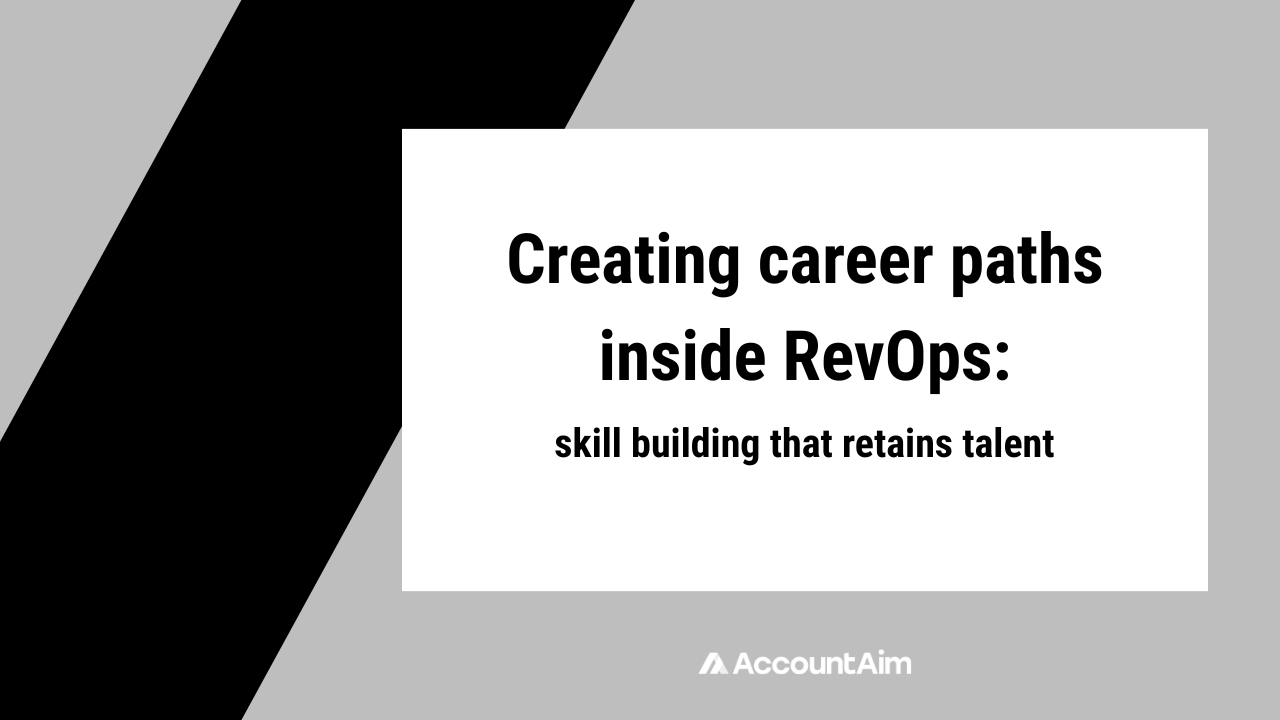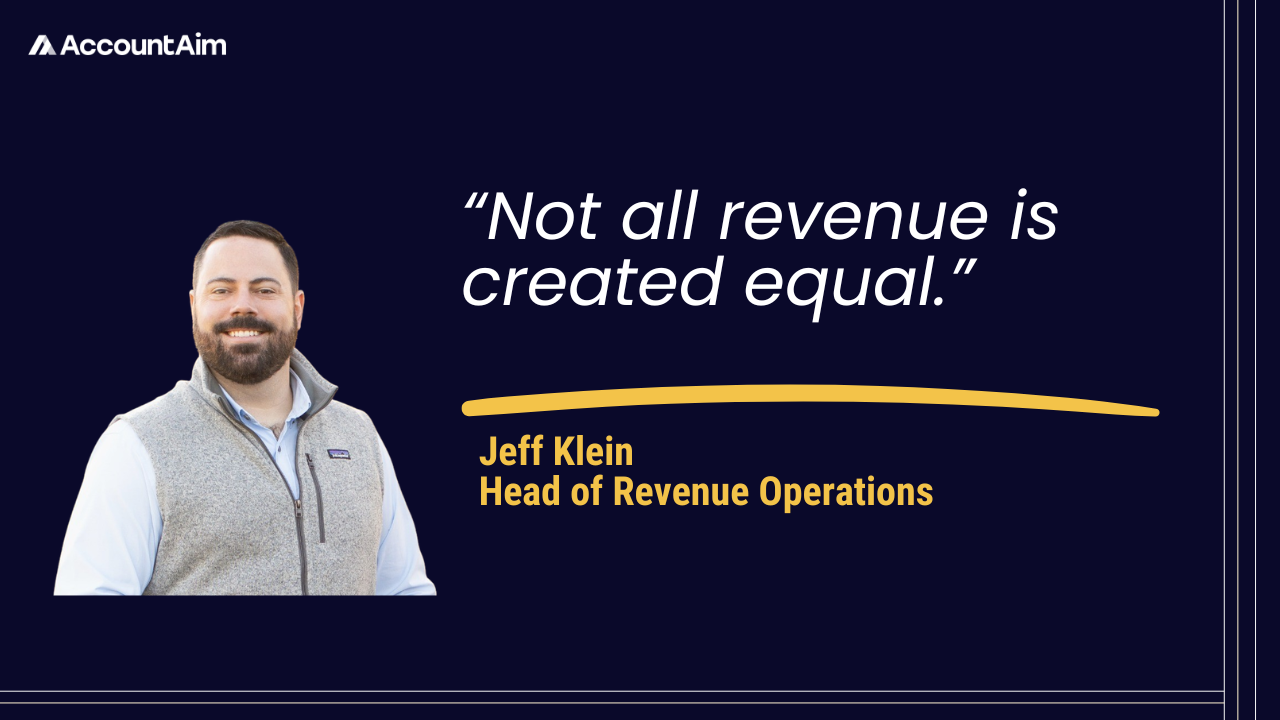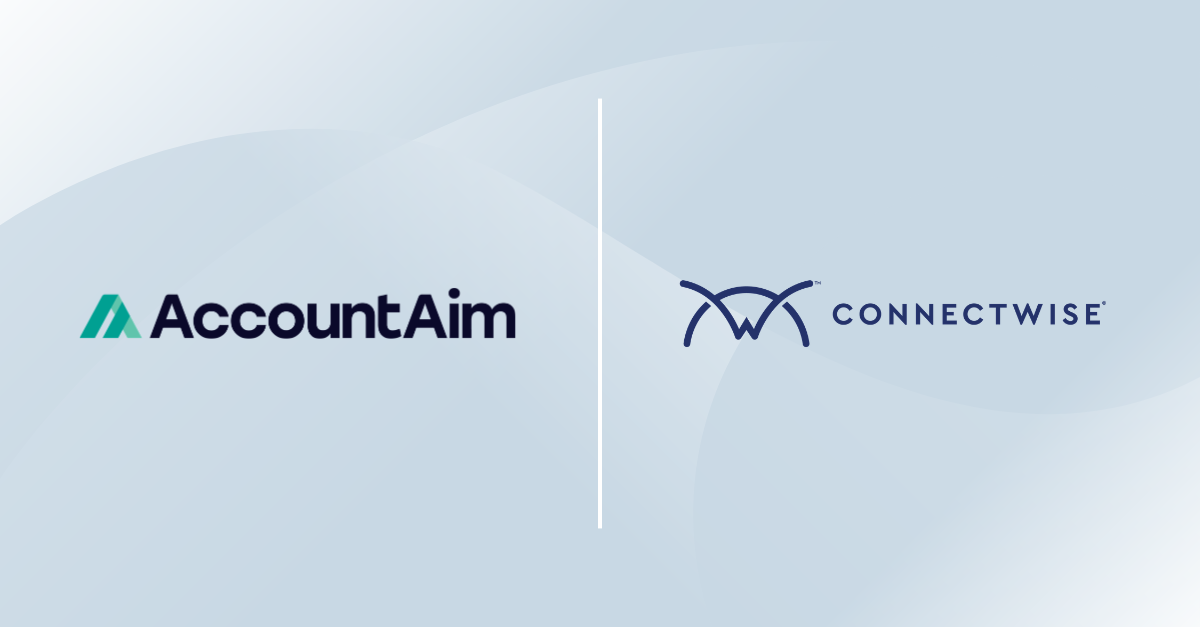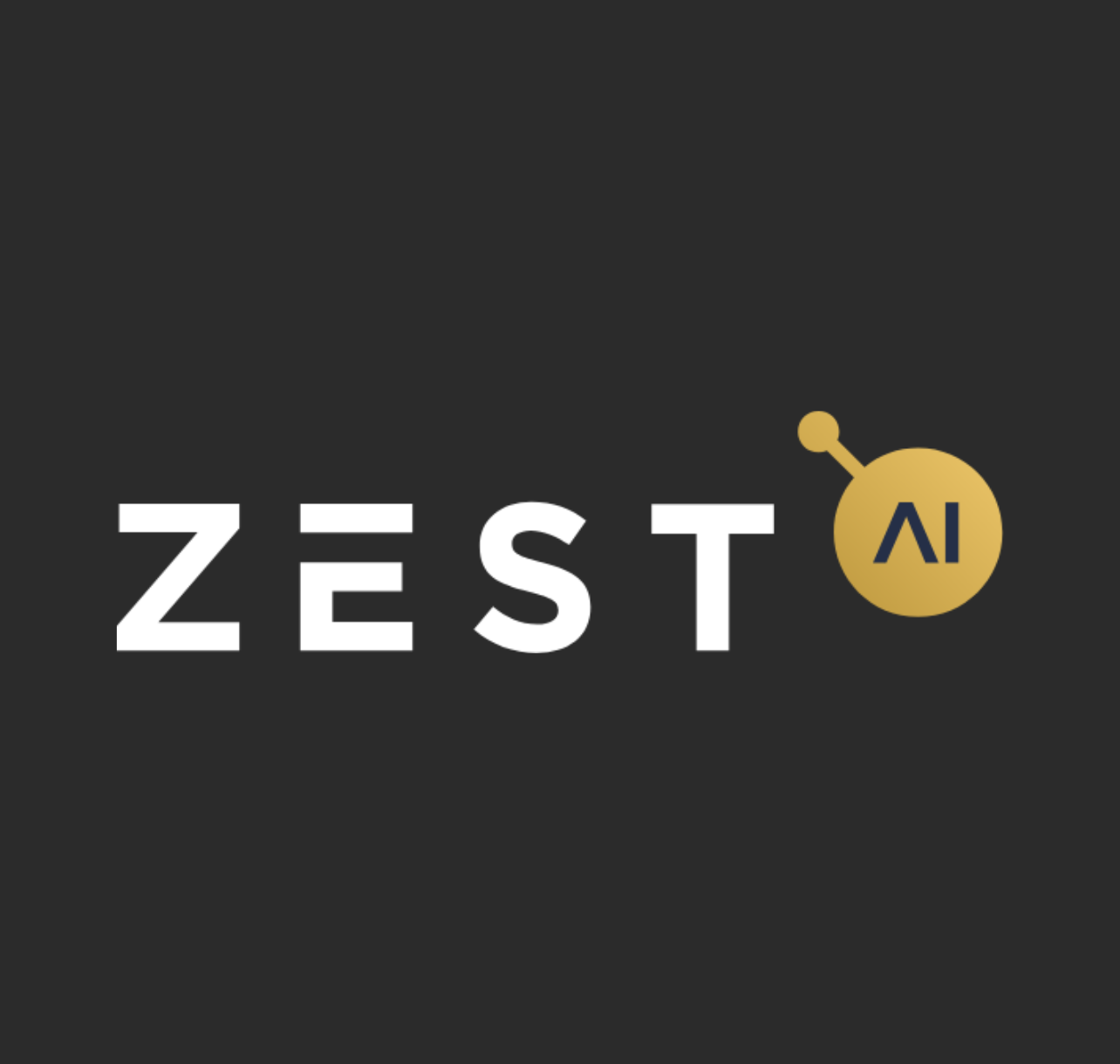RevOps teams continue to expand, but structured development paths haven’t always kept pace. When team members don’t see how to grow, engagement drops, and eventually, they start looking elsewhere. Internal mobility and project-based learning offer a grounded way to build skills, retain strong performers, and promote strong RevOps career growth.
This post offers a practical framework for RevOps and GTM leaders who want to develop talent in place and increase team durability over time.
Invest in internal mobility as part of the operating model
Hiring experienced RevOps professionals is expensive and time-intensive. Developing them from within creates a more sustainable advantage. Teams that prioritize internal mobility reduce churn, preserve institutional knowledge, and strengthen cross-functional trust.
Examples show up across the function: SDRs moving into systems work, marketers taking on attribution logic, analysts advancing into strategic forecasting. RevOps career growth becomes more predictable when the team sees mobility as a built-in expectation.
Create structure around career development
Employees need visibility into how to move forward. Progression frameworks should define core competencies and tie them to actual responsibilities, not just job titles. Tools like career dashboards, team roadmaps, and structured 1:1s help teams understand where they are and where they’re heading.
A structured 1:1 for this purpose should include three parts:
- A review of recent project outcomes and lessons learned
- A discussion of skill gaps and interests related to future roles
- A planning segment to identify upcoming opportunities or training that align with the individual’s growth path
This creates a predictable format that reinforces development as an ongoing process rather than a reactive one.
Hannah Wendt of NoFraud emphasized the importance of aligning work with growth goals:
“It starts with understanding where they want to go in their career and focusing on aligning the work they’re doing with their career path… What skill sets would both benefit RevOps and benefit their career?”
Use project-based learning as a development model
Projects are an effective way to grow skills because they create structured opportunities for team members to apply tools, frameworks, and decision-making in real scenarios. Assigning ownership ensures accountability and encourages initiative, while clear scoping provides the guardrails for learning within a defined context. Including a post-project review adds reflection and feedback, two components critical to skill retention and application. This approach not only builds real capability but also connects individual development with tangible business outcomes.
Hannah Wendt explained how teams can apply this with purpose:
“Before you start a project, take that extra step to understand how you’re going to measure success… Go back and measure what the benchmark was before the project and what result you actually drove.”
When teams document and measure these experiences, they become stepping stones for internal advancement.
Anchor development in weekly leadership habits
Career growth should show up in team rhythms. That means assigning strategic projects intentionally, tracking learning through regular check-ins, and giving visibility to what advancement looks like across the team. Leaders can reinforce learning by sharing examples, co-authoring development plans, and removing ambiguity around performance expectations.
Done consistently, these practices shape how team members approach their work and how long they choose to stay.
Development is part of retention strategy
When RevOps professionals know their work connects to growth, they tend to stay longer and contribute more. Building career paths and investing in development increases team alignment and creates more stable performance over time.
Treat skill building as a core system. Development clarity leads to team consistency, and consistency creates momentum.



